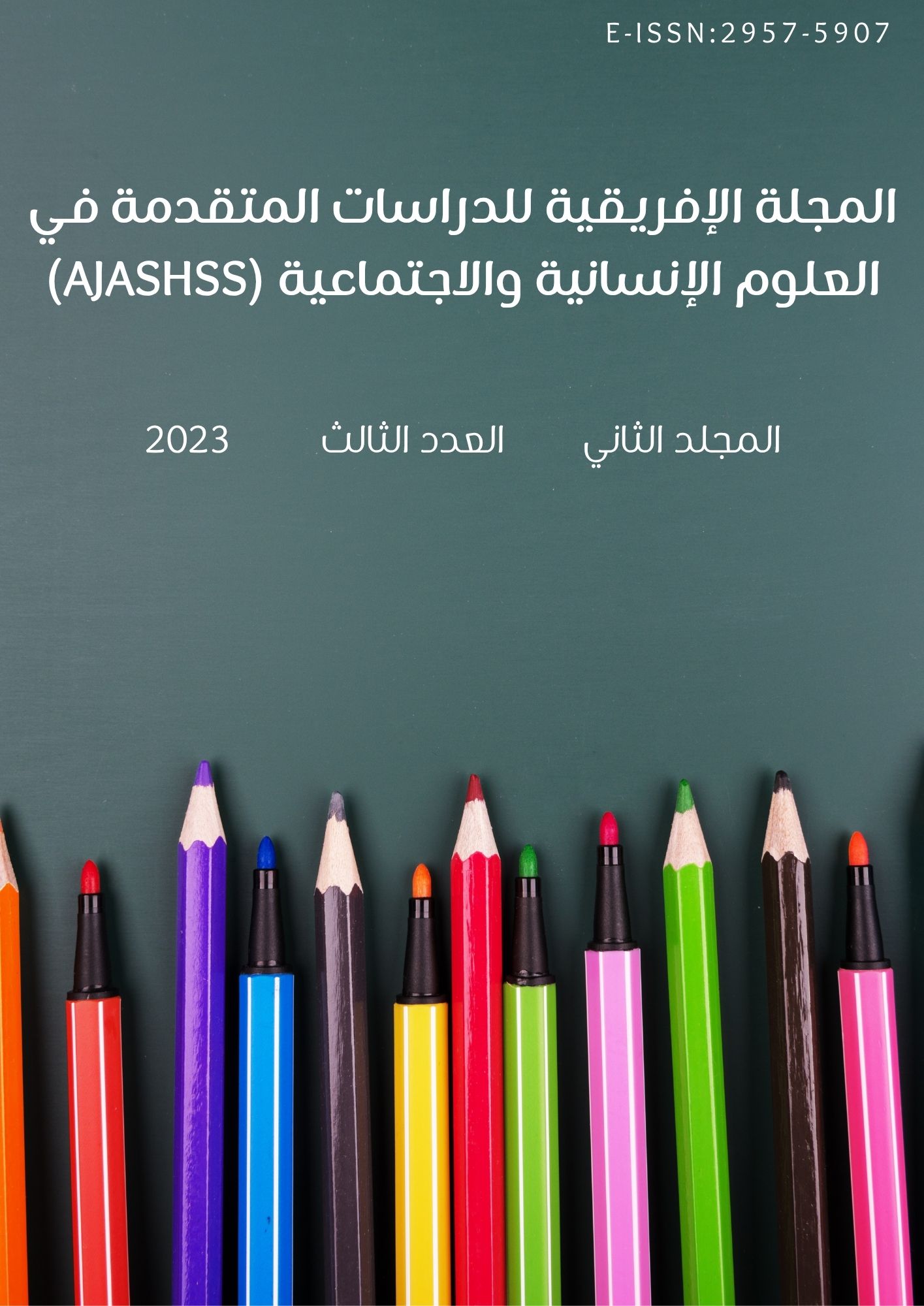Comparative Analysis of Postcolonial Identity in Brick Lane and Midnight's Children
الكلمات المفتاحية:
Comparative analysis، postcolonial identity، Brick Lane، Midnight's Children، Monica Ali، Salman Rushdie، colonialism، historyالملخص
This paper presents a comparative analysis of postcolonial identity in two prominent works of postcolonial literature, Brick Lane by Monica Ali and Midnight's Children by Salman Rushdie. The paper examines how these novels explore the complexities of postcolonial identity and the impact of colonialism on the identities of colonized people. Through a close reading of the texts, the paper argues that both novels offer a nuanced portrayal of postcolonial identity that is shaped by a range of factors, including history, culture, language, and geography. The paper also explores the role of language in postcolonial literature and how it contributes to the establishment of identity. Overall, this paper contributes to the ongoing discussion of postcolonial literature and its impact on the identities of colonized people.
منشور
كيفية الاقتباس
إصدار
القسم

هذا العمل مرخص بموجب Creative Commons Attribution 4.0 International License.






